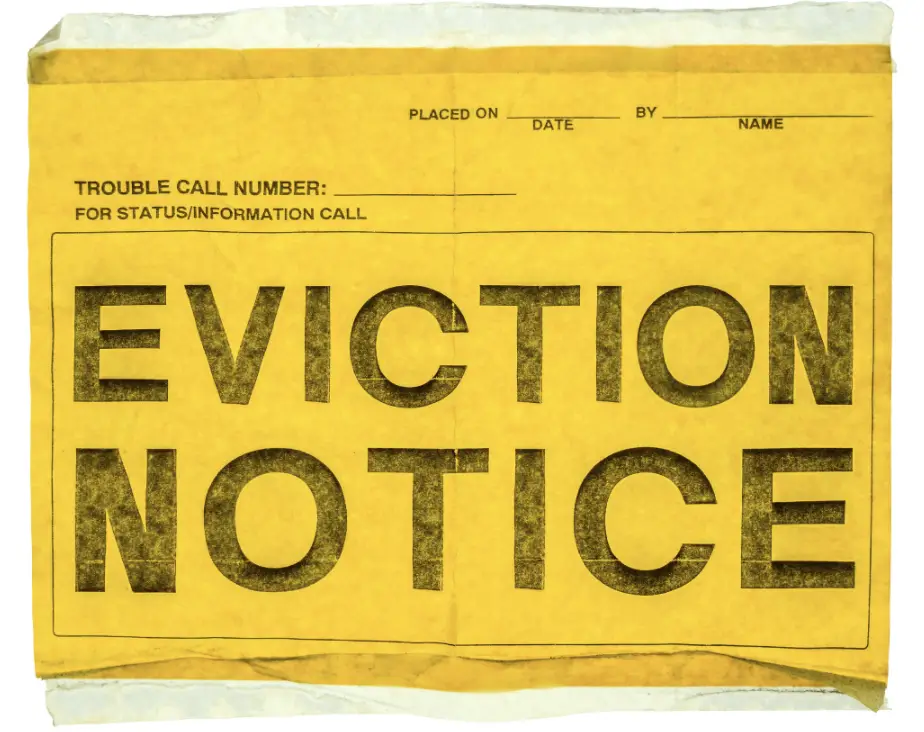The Department of Health and Human Services and the Centers for Disease Control and Prevention have issued an order that temporarily stops and postpones evictions until the end of 2020. This not only helps renters across the US but could also help with the spread of coronavirus by limiting moves and increased exposure from possible shared living spaces.
The new measure protects eligible renters from eviction through December 31, 2020, but be alert to Landlords who may try to evict anyway or who may try to get you to agree to something that isn’t in your best interest.
If you rent an apartment, house, or mobile home, you are protected by the eviction measure and your eviction will be postponed until the end of the year, as long as you meet the following requirements:
- You are unable to pay your rent due to a coronavirus-related job loss or income reduction.
- You qualified for a direct stimulus payment under the CARES Act or expect to earn less than $99,000 in 2020, or $198,000 if filing a joint tax return.
- You have made an effort to cover rent through assistance available to you or a household member
- You can demonstrate that your inability to pay is because of financial hardship due to Covid-19, that you have made your best efforts to make timely partial payments, and that you would likely become homeless if you were evicted.
Note that you are not automatically approved for the stay, you must be proactive in seeking relief. The order puts the responsibility on you to show that you meet the criteria, and you must provide a signed written statement to your landlord to take advantage of the protection. Every adult on the lease must provide such a statement, and the CDC provides a form for that, which you can find in their order here. Keep in mind that the statement is sworn testimony, so those who leave out information or provide false information could risk jail or fines. To best protect yourself in case you run into a problem with your landlord, be sure to keep a copy of the statements you provide and copies of any additional documentation you submit to your landlord.
It is critically important for you to note that this is only a delay in eviction, not a permanent stoppage of eviction, and not a cancellation of rent or forgiveness of rent for any time your eviction is postponed. We are hopeful that other measures will be implemented, but without further measures before year-end, renters will have to pay back-rent when the order expires, and landlords may be able to demand that back-rent in a lump sum. If the back-rent cannot be paid on demand after the order expires, your landlord can proceed with the eviction. The order also does not provide funds to cover rent, but see our resource page here for more information about rent assistance.
In some jurisdictions, existing tenant protections might be better for renters than the CDC’s eviction delay order. If you are struggling with rent or concerned you may be evicted, please visit the Atlanta Volunteer Lawyer Foundation’s AVLF Landlord-Tenant Assistance page or the Georgia Legal Aid Housing Issues Page to find help.


